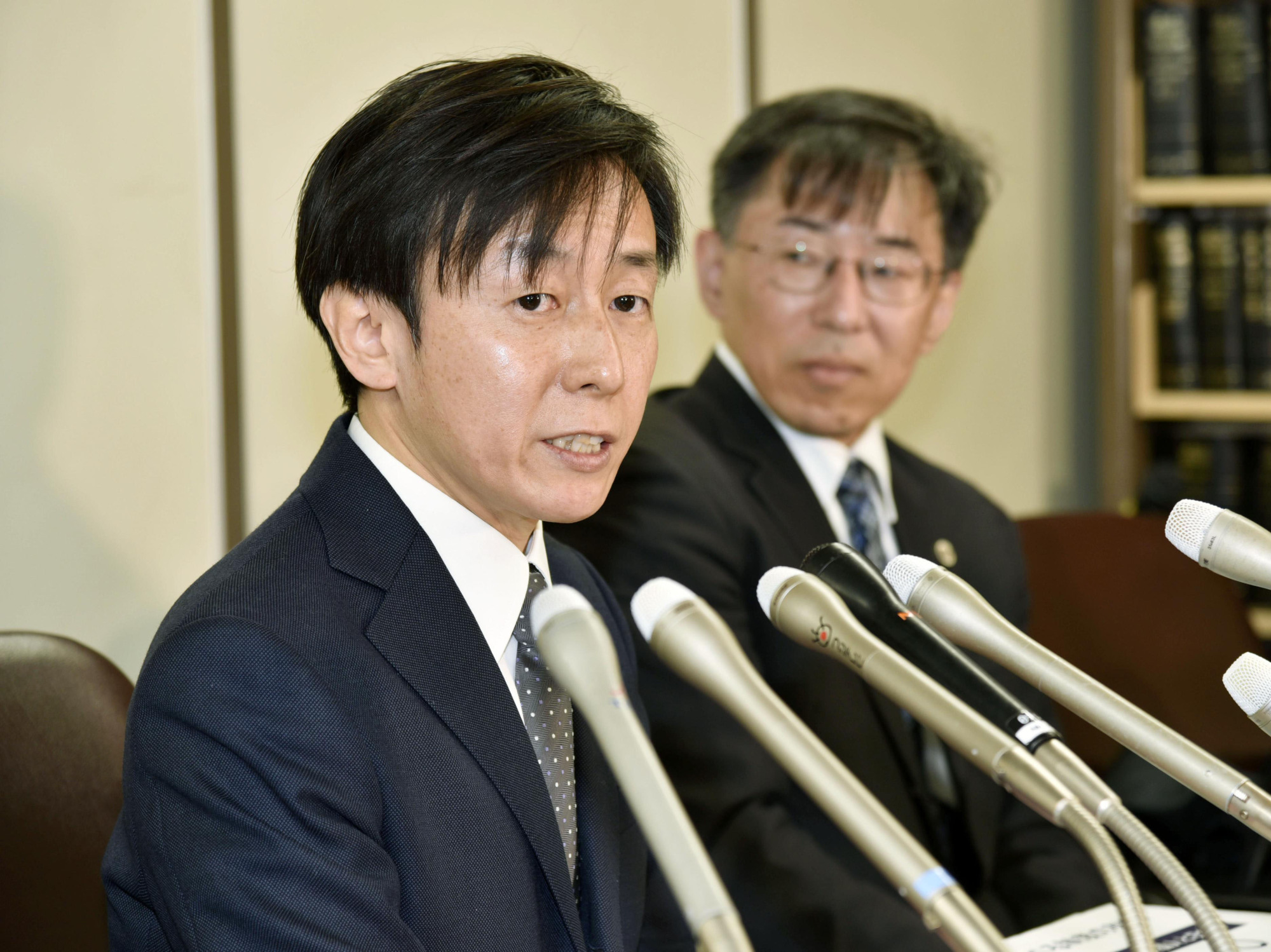CEO activism has been spreading widely across industries in the United States. From Tim Cook of Apple to Howard Schultz of Starbucks, 2017 saw a growing number of corporate chieftains taking public stands on highly sensitive political and social issues unrelated to their companies' business. They passionately advocate for various causes, ranging from race, gender equality, immigration and environment to sexual orientation. This is a relatively new phenomenon. However, it is already making a significant impact in shaping the public debate on historically contentious political and social issues in the U.S.
For the most part, the decision of an individual CEO to "speak up" appears to be rooted in a profound personal conviction on a given topic. For example, Ken Frazier, Merck chairman and CEO, resigned from U.S. President Donald Trump's American Manufacturing Council in objection to the president's response to violence in Charlottesville, Virginia. Frazier had been well-known for having strong views on intolerance among his friends and colleagues . More recently, Amazon CEO Jeff Bezos drew attention as he very publicly supported the preservation of Deferred Actions for Childhood Arrivals (DACA) and engaged in a public feud with Trump. Bezos cited his family's immigrant history as his main motivation in supporting the pro-immigration policy.
Until now, CEO activism has been primarily limited to U.S. companies. Few people expected to see Japanese CEOs weighing in on socially sensitive and divisive issues, but such social norms may be starting to change even in this country. Yoshihisa Aono, CEO of Cybozu, a major software company, sued the government in early January, seeking to amend the Family Register Law to allow married couples to retain separate surnames. Under the current law, married couples are legally required to share the same surnames. In almost all cases, women end up choosing their husbands' surnames, even if many working women wish to keep their maiden names for professional reasons.



